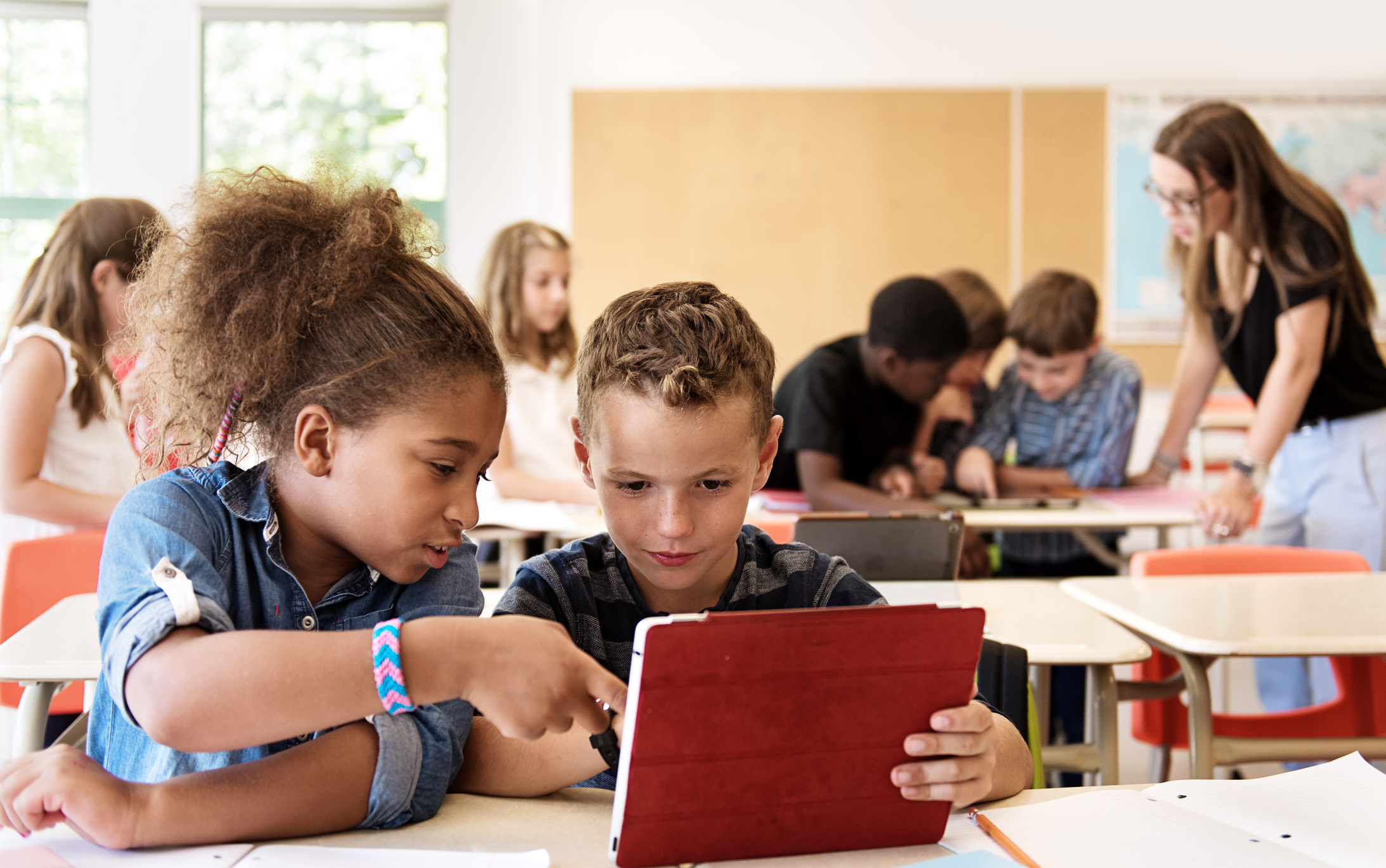Youth Education & Life Skills
Young people are the future. We do, however, not know what this future holds for them: society and the world around us are changing continually and rapidly. This is exactly why it is so important to prepare young people to take advantage of opportunities and face challenges head on, and to make sure they learn the skills they need to do both.
Passionate education professionals are working hard every day to guide young people through this learning process, both in education settings and as part of out-of-school educational programmes. Their ambition is to help all young people to adjust to the changing society and to enable them to benefit from optimal opportunities. The Youth Education & Life Skills community supports this ambition by contributing evidence-based knowledge and activities.
Optimal opportunities and support
Ideally, education provides each and every child with equal opportunities to develop to their full potential. However, across the world, including here in the Netherlands, this ideal is not experienced by all children. Some children do not have access to high-quality education and, even if they do, they are not able to profit from high quality education to the same extent as others are. This might be because of early tracking into school levels, a shortage of qualified professionals, a lack of family support or other reasons. In the Youth Education & Life Skills community, we focus on the question of how education – both in school and elsewhere – can provide optimal support to our children and youth (from the ages of four to 24) to develop the skills they need to participate in society, now and in the future.
A wide range of essential skills
A thorough understanding of which skills are needed and of how we can make sure young people attain them optimally is crucial if we are to ensure that they are able to develop themselves fully. Basic skills like maths and language alone are not enough. Young people need to master other skills too, such as the ability to understand complex issues, become solution-focused, think critically and formulate a coherent argument. Interpersonal skills like teamwork and communicating with others are also important, as are skills like self-regulation and resilience that are essential for personal development. Finally, today’s online world makes it important to develop digital skills as well.
Preparing for the future
In today’s dynamic society, the future is very uncertain. This is exactly why young people need to be prepared to take their place in the world. What is the best way to do this? How can we teach young people to cope with a proliferation of information, apps and games in today’s digital age? What can we do to ensure that young people have equal opportunities, regardless of where they grow up? How do we strengthen learning processes at school and offer young people a safe environment in which to practise skills? How can we teach young people to appreciate different perspectives in order to avoid or reduce polarisation? How can young people work together and complement or strengthen each other’s skills, given their experience of different school types, in preparation for their participation in a diverse and inclusive society and labour market? It is questions like these – which relate to what children and youth can gain from education – that the Youth Education & Life Skills community was designed to address.
Learning in school and elsewhere
Young people are always learning, regardless of where they are. In the Youth Education & Life Skills community, we focus specifically on places where learning is paramount and purposely encouraged. This can be at school, but also in educational out-of-school programmes in which young people learn to discover and develop various skills – such as activities organised by youth centres, the scouts or museums.
Four themes to start off with
Our community wants education to empower young people. How? That is what we need to research and find out. Innovative interventions in the field will always be based on academic knowledge. As a starting point, we have identified four thematic pillars on which the Youth Education & Life Skills community is based.
The “enhancing opportunities in education” and “learning and teaching from a global perspective” pillars are broad themes that focus on both basic skills and life skills. Besides this, two other pillars focus on more specific life skills: critical thinking in the “critical thinking and perspective taking” pillar and self-regulated learning in the “learning for agency” pillar.
If you want to learn more, stay informed and / or join our community, please send an email to youtheducation.lifeskills@uu.nl.

